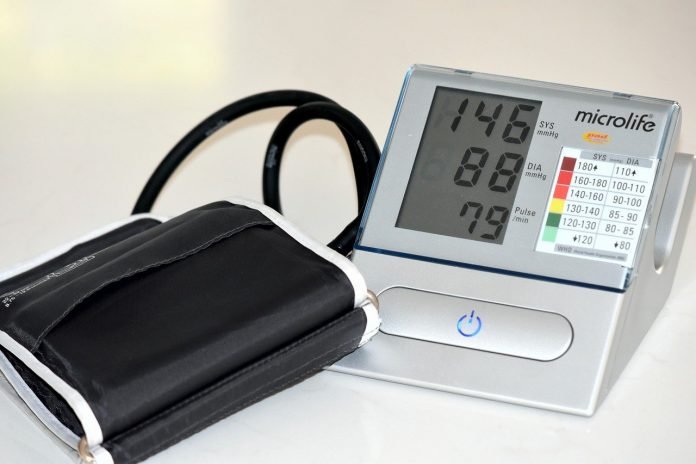
Central blood pressure, also called blood pressure amplification, is measured at the aorta, the artery closest to the heart.
In a recent study from the University of Alabama at Birmingham, researchers found a measurement of this blood pressure could help reduce the risk of heart disease better than traditional arm cuff readings in people with difficult-to-treat high blood pressure.
The study was presented at the American Heart Association’s Hypertension 2019 Scientific Sessions. The lead author is Badhma Valaiyapathi.
The team looked specifically at people whose high blood pressure is resistant to treatment.
This means the patients’ arm blood pressure readings remain out of control despite the patient being on high blood pressure medications.
The researchers found the measurement of Central blood pressure can more accurately reflect heart disease risk in these people.
In addition, higher differences in blood pressure between the arm and the aorta are linked to an increased incidence of heart disease in the general population.
The findings suggest that amplification of blood pressure and pulse pressure remains high in patients with resistant hypertension regardless of blood pressure control.
This means the patients’ arteries are stiffer than patients with controlled blood pressure, and they’re having problems in their vessels that are leading to heart disease even though they are on medications and even though their blood pressure is under control.
The team says doctors should tailor blood pressure treatment for treatment-resistant high blood pressure patients by taking into consideration central blood pressure, amplification and reinforcing the importance of lifestyle modifications to patients — not only medications — to reduce heart disease risk.
Copyright © 2019 Knowridge Science Report. All rights reserved.



